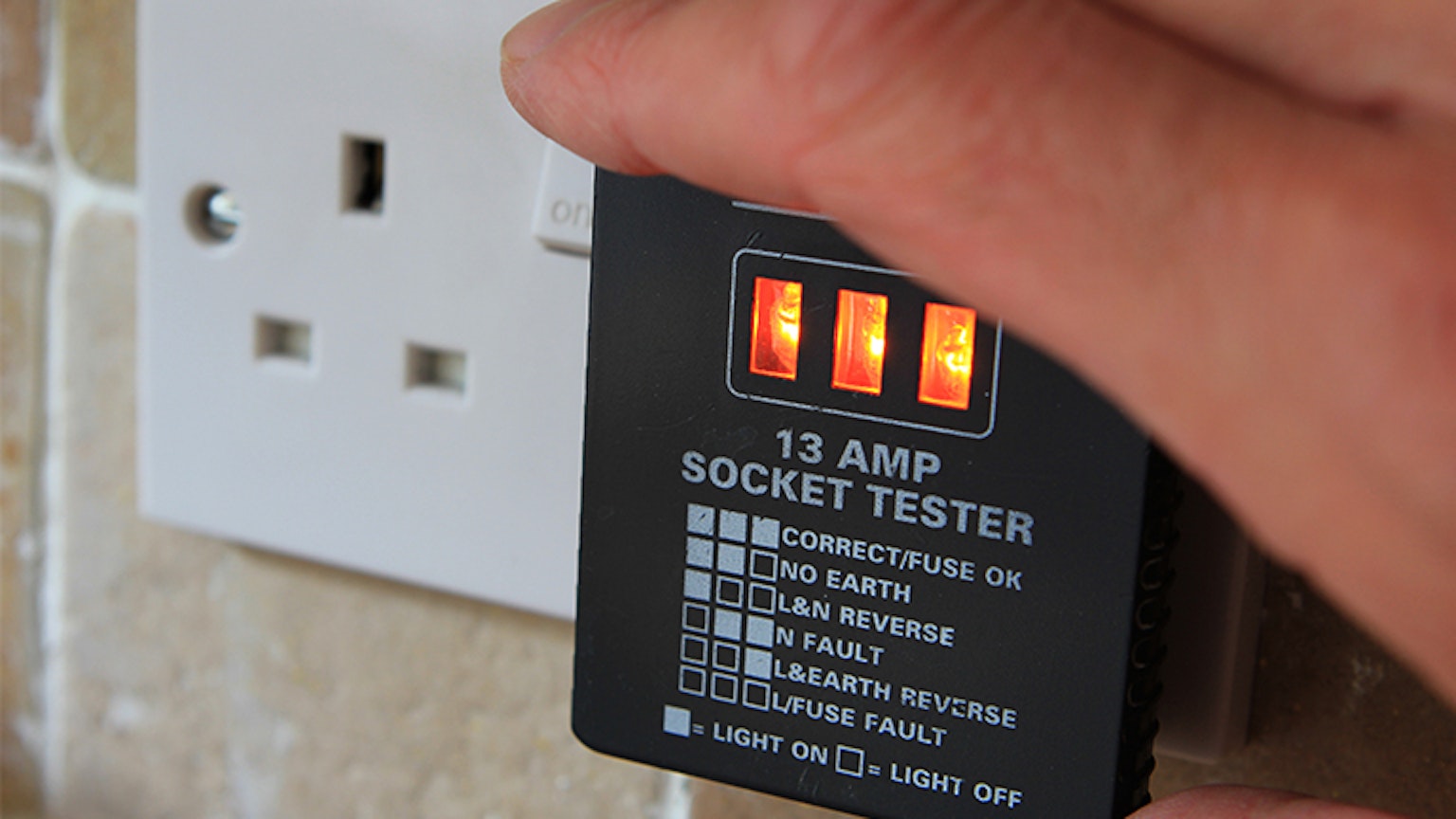Guide to locks and keys on rental property
When a tenant signs a tenancy agreement, the landlord or letting agent will normally hand over one or more sets of keys. From that point on, both the landlord and tenant have a shared responsibility for the security of the property.
By Alan Boswell Group

However, in some situations it’s not always clear who’s responsible for locks and keys. For example, tenants may wish to change locks without the landlord’s permission. Similarly, they may also want to cut extra keys for family members. Because the rights and responsibilities surrounding locks and keys regarding rental property aren’t always clearly defined, we’ve created this useful guide.
Rights and responsibilities of tenants
While landlords bear the primary responsibility for ensuring the security of a rental property, tenants also have a role to play in maintaining the locks and any other security measures. In particular, they should report any issues with locks, doors, or windows to the landlord. They should also make sure they use locks correctly and keep keys secure.
Can tenants change the locks?
In most cases, a tenancy agreement will forbid tenants from changing the locks in a rental property. If they do so without the landlord’s permission, it could be grounds for a Section 8 eviction.
However, if the tenancy agreement doesn’t expressly state that tenants can’t change the locks, they are free to do so. If they do, they should keep the original lock fittings and not cause any damage to doors or door frames. If they do, a landlord could claim the cost of repairing the problem, usually through a deduction from the tenant’s deposit.
It’s normally recommended to use a tenancy agreement that prohibits tenants from changing locks. If you allow tenants to change the locks you won’t be able to guarantee the quality of the locks they use or that they comply with BS regulations stipulated in your landlord building insurance. If you had to access the property in an emergency (such as a gas leak), you need to be sure you have keys that work.
When is it acceptable for tenants to change locks on a rental property?
There are a few cases in which a tenant could argue it’s justified to change the locks, even if the tenancy agreement forbids it.
The most obvious instance is when there’s a security risk. If a tenant loses their keys or they’ve been stolen, but the landlord doesn’t change the locks quickly, they have a strong case for getting the locks changed themselves. However, it’s sensible for landlords to change the locks as soon as possible. If you don’t, your landlord insurance could be invalidated because the property won’t be secure.
Additionally, a tenant may be justified in changing the locks if the landlord repeatedly accesses the property without notice. Tenants have the right to ‘quiet enjoyment’ of their home. Landlords are allowed a reasonable right of entry – such as to make repairs or conduct property inspections – but the law says they must give 24 hours’ notice. They can also enter a property in an emergency, such as when there’s a suspected gas leak or flooding.
Is it okay for tenants to make copies of keys?
It’s up to you whether to allow tenants to make copies of keys. If you don’t want them to do so without your permission, you can specify this in the tenancy agreement. As added security, you can get ‘Do Not Duplicate’ keys that are stamped with these words. Reputable locksmiths won’t duplicate these without asking questions. You can also get ‘restricted’ keys that can only be cut by authorised locksmiths with permission from whoever manages the key system. These keys are practically impossible to duplicate without specialist equipment.
Rights and responsibilities of landlords
Landlords in the UK have certain legal obligations regarding the security of their rental properties. One of the key landlord responsibilities is to ensure that the property is safe and secure for tenants – this is one of the basic costs of being a landlord and includes having appropriate locks on all exterior doors and windows. Landlords must provide secure and functional locks, and failure to do so could result in legal consequences.
When and how can landlords change the locks?
Normally, the only time you can change the locks is with the tenant’s permission. You might want to do this to upgrade security or because a tenant has damaged a lock or had their keys stolen.
Can landlords change locks without a tenant’s permission?
In most cases, you cannot change locks without a tenant’s permission. There are a few exceptions, such as when you or a family member live in the same building as the tenant and share common facilities, such as a kitchen or bathroom. However, if the tenants live in a separate rental property, it’s almost always illegal to change the locks without their permission.
Is it lawful to change locks if rent is not paid?
Absolutely not. If you do this, it’s considered an illegal eviction and could land you with a fine or even a jail term.
If tenants have stopped paying rent for more than eight weeks (if they pay weekly or fortnightly), two months (if they pay monthly), or three months (if they pay quarterly or annually), you can start Section 8 eviction proceedings. If the fixed term of their contract has expired, you can also opt for Section 21 (‘no fault’) eviction. If you have rent guarantee insurance with legal expenses, you can cover the cost of the missed rent and eviction proceedings.
Are landlords required to change locks between tenancies?
There’s no legal obligation to change locks between tenancies. That said, your landlord building insurance will require you to provide an adequate level of security. If you don’t change the locks and previous tenants have duplicate keys, it could invalidate your insurance by leaving the property insecure.
Who bears the cost for a broken lock?
This depends on how the lock was broken. If a lock has been in service for several years, it may break due to normal wear and tear. In this case, the landlord is responsible for replacing it. On the other hand, if a tenant purposefully damages a lock, they should bear the cost of replacing it.
Insurance cover is available for landlords and tenants which helps protect against the cost of replacing locks and keys. A standard landlord insurance policy usually includes cover for replacing locks if keys are lost or stolen. Cover limits vary from policy to policy but typically start at £500.
Similarly, a standard tenants contents insurance policy normally provides cover if keys are lost or stolen. This will help pay for a locksmith to help you gain access to a property, as well as to replace or repair the locks.
For both types of policy, whether it would pay out will depend on who’s responsibility the issue was deemed to be.
Management of keys
If you’re a landlord, good key management is essential. Each property you own may have five or six keys for doors, windows, outbuildings, or garages. The larger your portfolio, the more important it is to keep track of who has which keys and how many sets are in circulation. Losing track of keys can be expensive if you then need to change the locks to keep the property secure.
How many keys are landlords required to provide?
There’s no legal requirement for how many keys you should provide. That said, it makes sense to ensure that each tenant has a full set of keys. If you want to provide spare sets of keys, that’s up to you. Just be sure to note what you have provided and that you receive all issued keys back at the end of a tenancy.
What is the process for providing and receiving keys?
Normally, you should provide tenants with keys once they have signed the tenancy agreement and you have agreed on a date for them to move in. They should be returned on the day the tenants move out, possibly as part of your check-out process (when you also check the inventory for rental property).
Should landlords possess spare keys?
Yes, if there’s an emergency and you need to access the property (such as if there’s a flood), you should have a set of spare keys. They are also useful if you need to undertake an agreed property inspection while the tenant is out.
Can landlords charge tenants for lost keys?
Yes. The Tenant Fees Act 2019 allows you to charge for ‘the loss of a key to, or other security device giving access to, the housing to which the tenancy relates’. However, the fee must be reasonable, and you should be able to provide an invoice or receipt that demonstrates you have obtained the best value for money.
Both tenants and landlords have responsibilities for locks and keys. While some landlords are happy to let tenants change locks or cut extra keys, it’s wiser to prevent this in the tenancy agreement. The more control a landlord has over the locks and keys in a property, the more secure it will be, while also ensuring you’re adhering to the terms of your insurance.
If you’re letting out property, it’s important to protect your investment. At Alan Boswell Group, our award-winning insurance products give the cover you need to deal with the unexpected. For more information, visit our landlords insurance hub or speak to a member of our team on 01603 216399.
Need help with your insurance?
If you have a question regarding the insurance for your rental property or need a quote, we’re happy to help.
Send an enquiry
Related guides and insights

Fire safety rules for landlords
Landlords have a legal responsibility to adhere to fire regulations for rental properties, to protect both their tenants and their investment. In this guide to fire safety rules for landlords, we explain all the mandatory regulations for both domestic and commercial properties, including vital gas and electrical safety certificates.

Landlord responsibilities – changes to electrical safety regulations 2021/2022
Updates to landlord legislation in England and Scotland mean that rental properties must comply with new electrical safety standards.

Essential tips for maintaining and securing your empty property
Homes can remain unoccupied for various reasons, such as when between owners, undergoing renovations, taking extended holidays, or dealing with illnesses. Regardless of the cause, it's crucial to prepare your property for its vacant duration.

Damp and mould in rental property
Damp and mould can cause serious issues. Here, we take a look at the causes of damp and the responsibilities tenants and landlords both have in resolving the problem.
